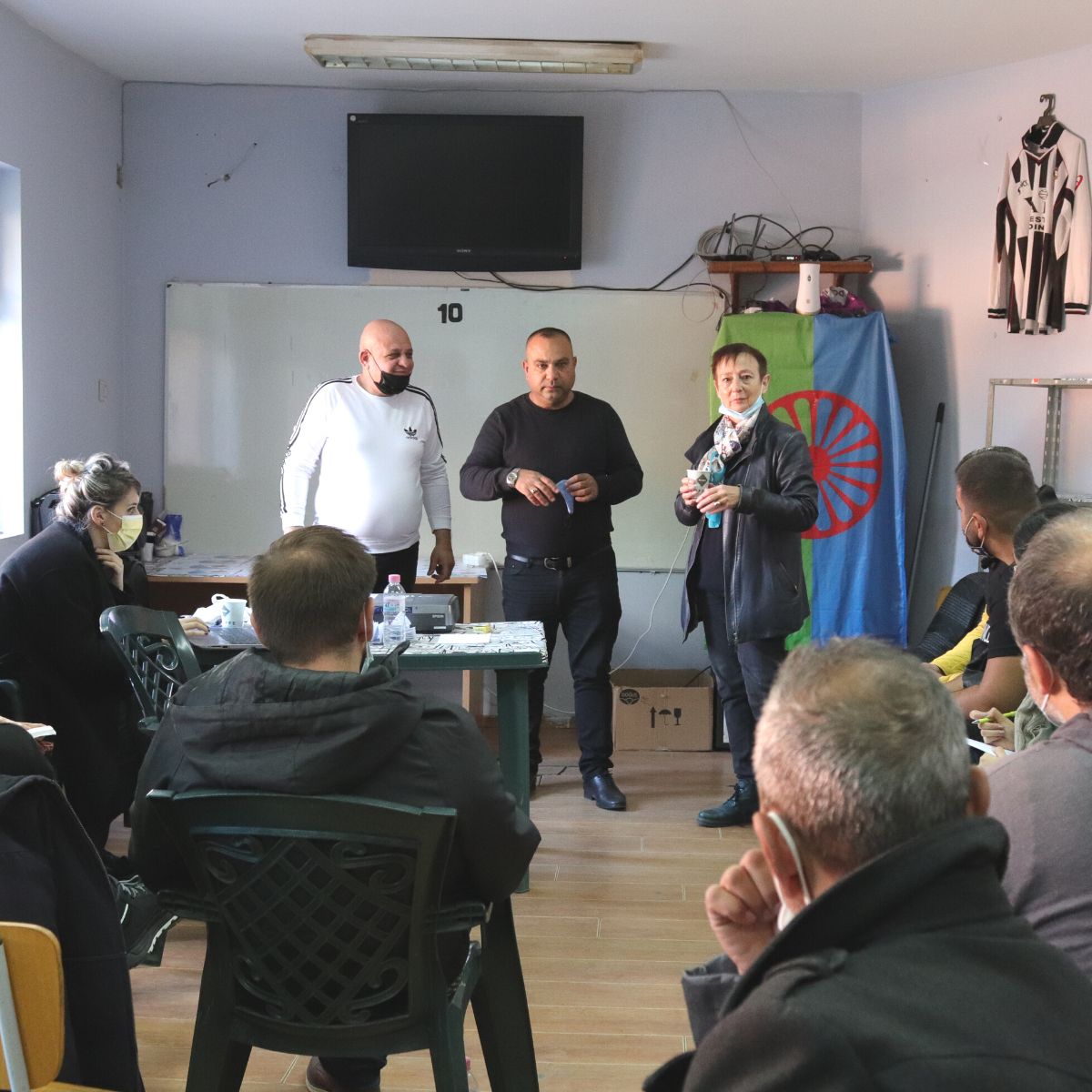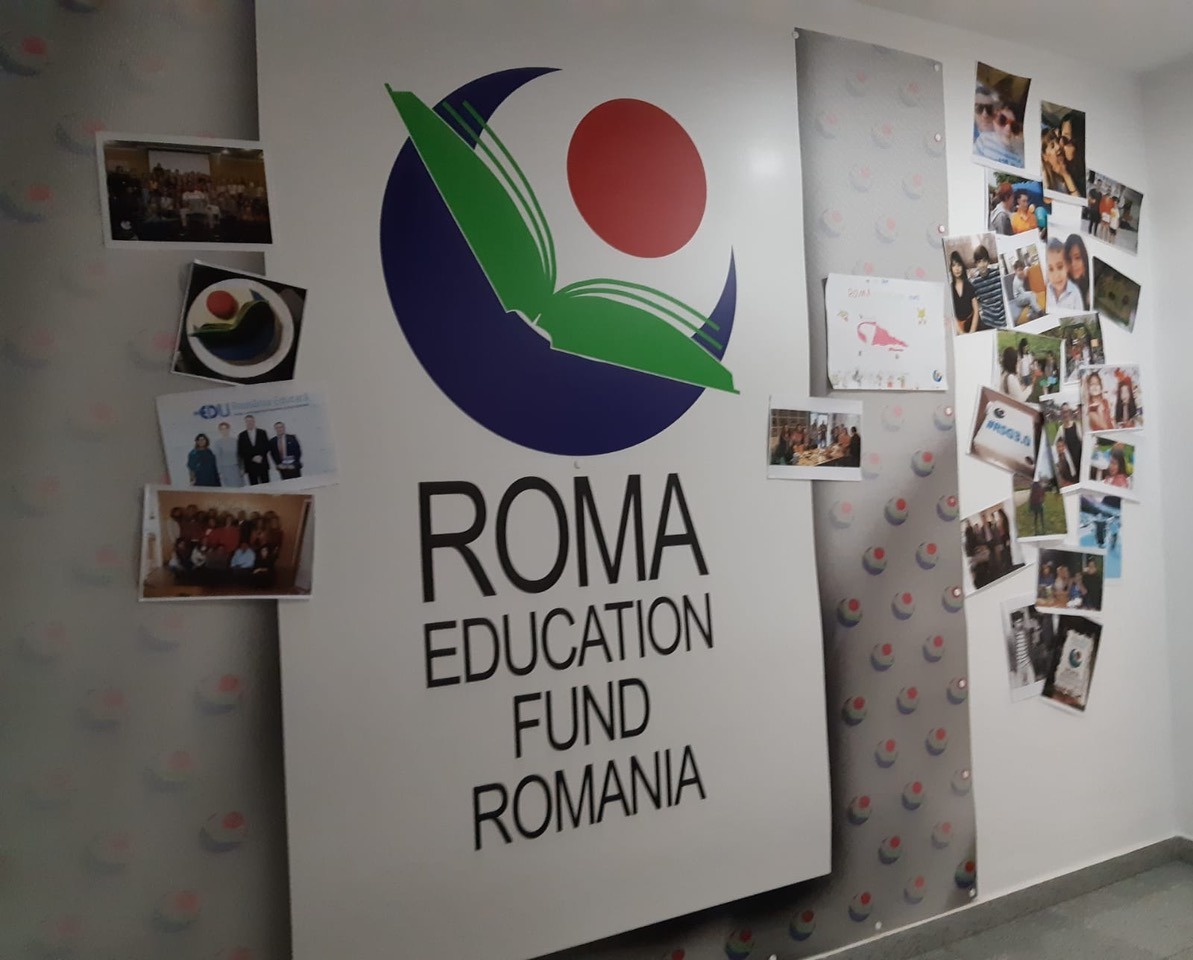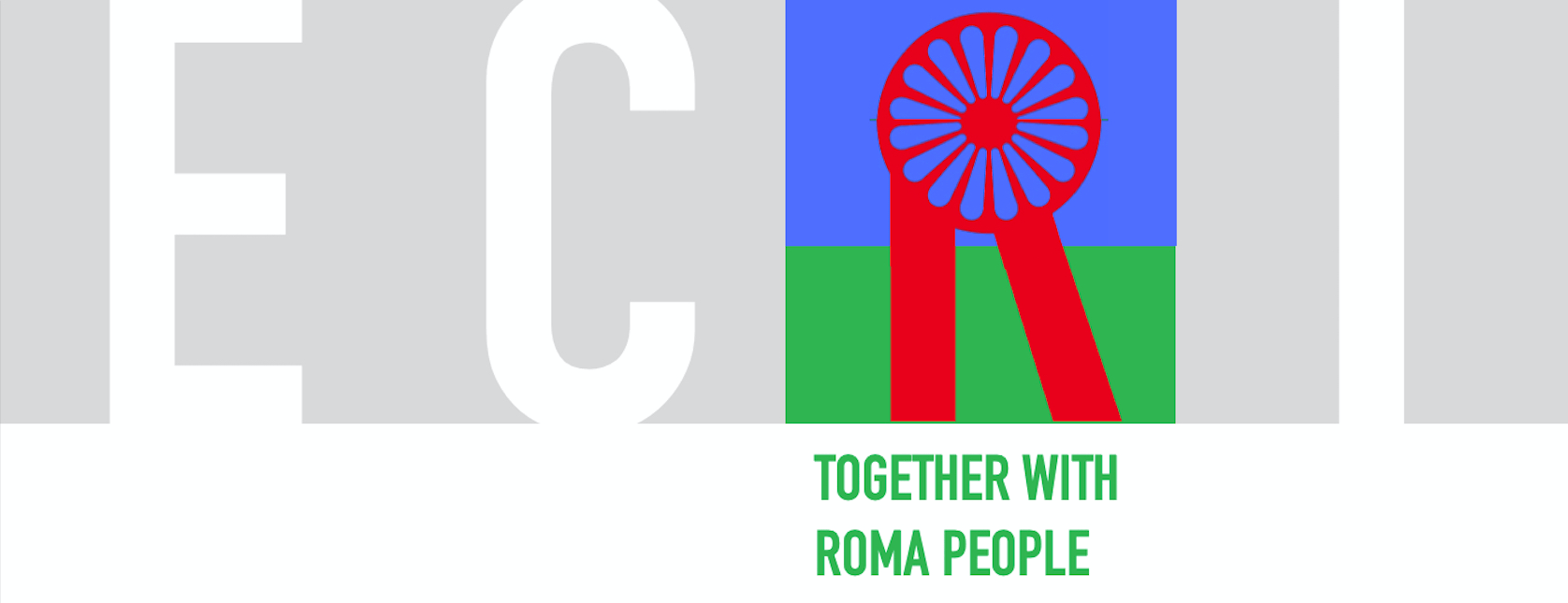During the implementation of the project, a mentoring programme and a methodology in the form of training modules were developed.
The mentoring programme is a development opportunity and an essential instrument that can change society’s negative perspective on the Roma community, which is perceived as a problem. The result of this process is an equitable exchange between the two cultures, and not a one-sided influence of the majority, as is currently the case in many situations.
Therefore, the aim of this project is, on the one hand, to clarify the concept of mentoring with its preliminary steps, methodology and structure, and, on the other hand, to explain how important it is to know the culture and history of the community one is working with, in this case the Roma, in order to truly support its members.
Mentoring Training


In summary, a European mentoring programme is needed for the Roma community to
– support people in their time of need
– help them find a better version of themselves
– help them to cope with the different challenges in their lives
– encourage mentees to reach their full potential;
Mentoring is a complex process that requires mutual trust and support from mentees to develop harmoniously on all levels, discovering their intrinsic motivation to evolve. As mentioned above, mentoring can exist in all areas of social life, as people need support to achieve their goals and dreams. Here are some examples of good mentoring practices in the field of education, which is the main area of activity of the Roma Education Fund. The Roma Education Fund runs educational projects focusing on the Roma minority, which have a strong mentoring component for Roma pupils, students and teachers, but also projects with the main focus on mentoring to support the community from within.


